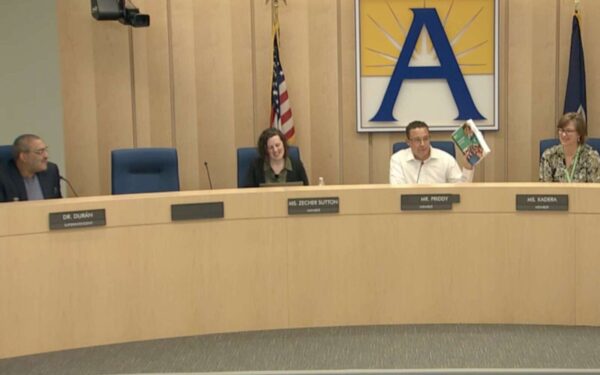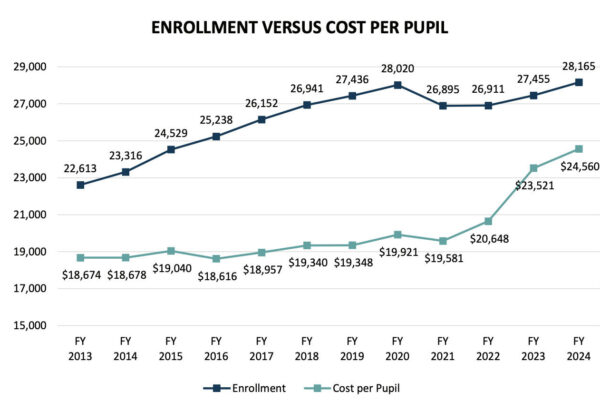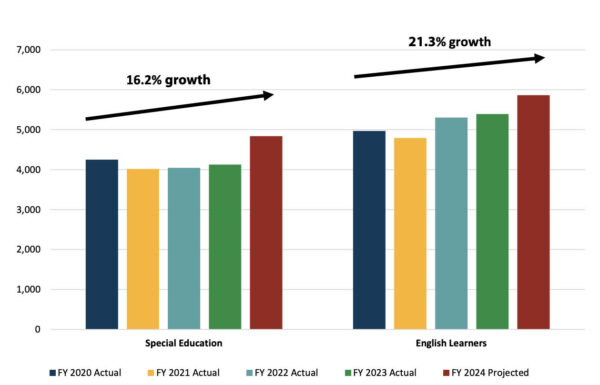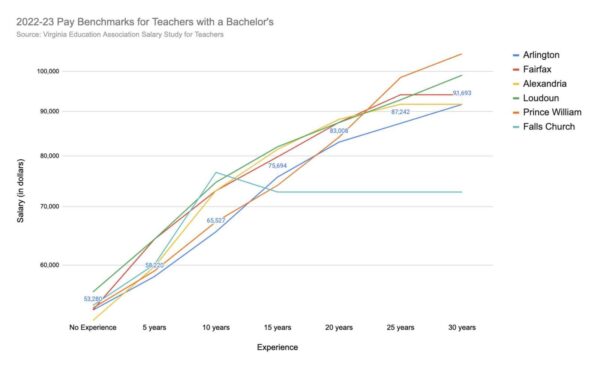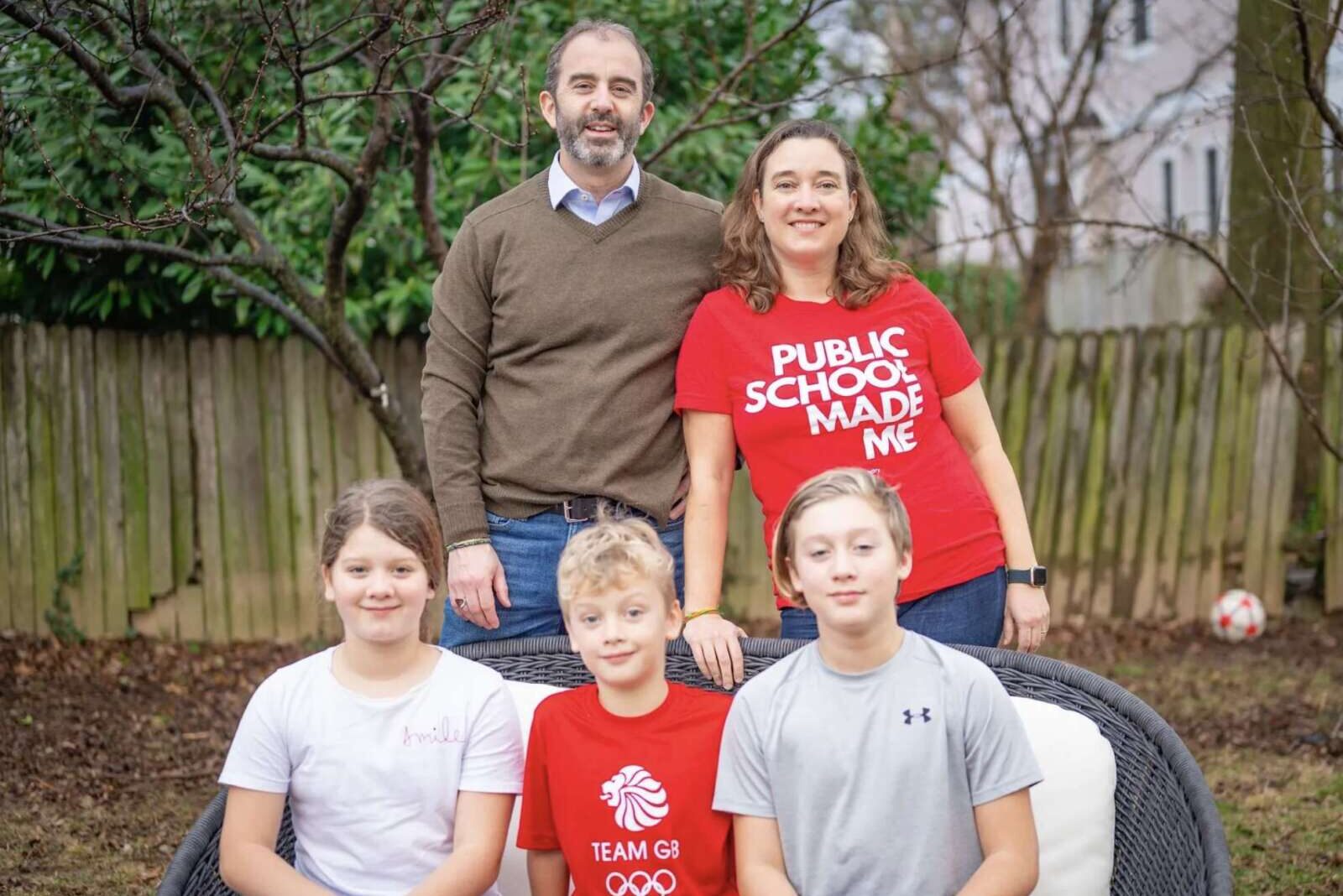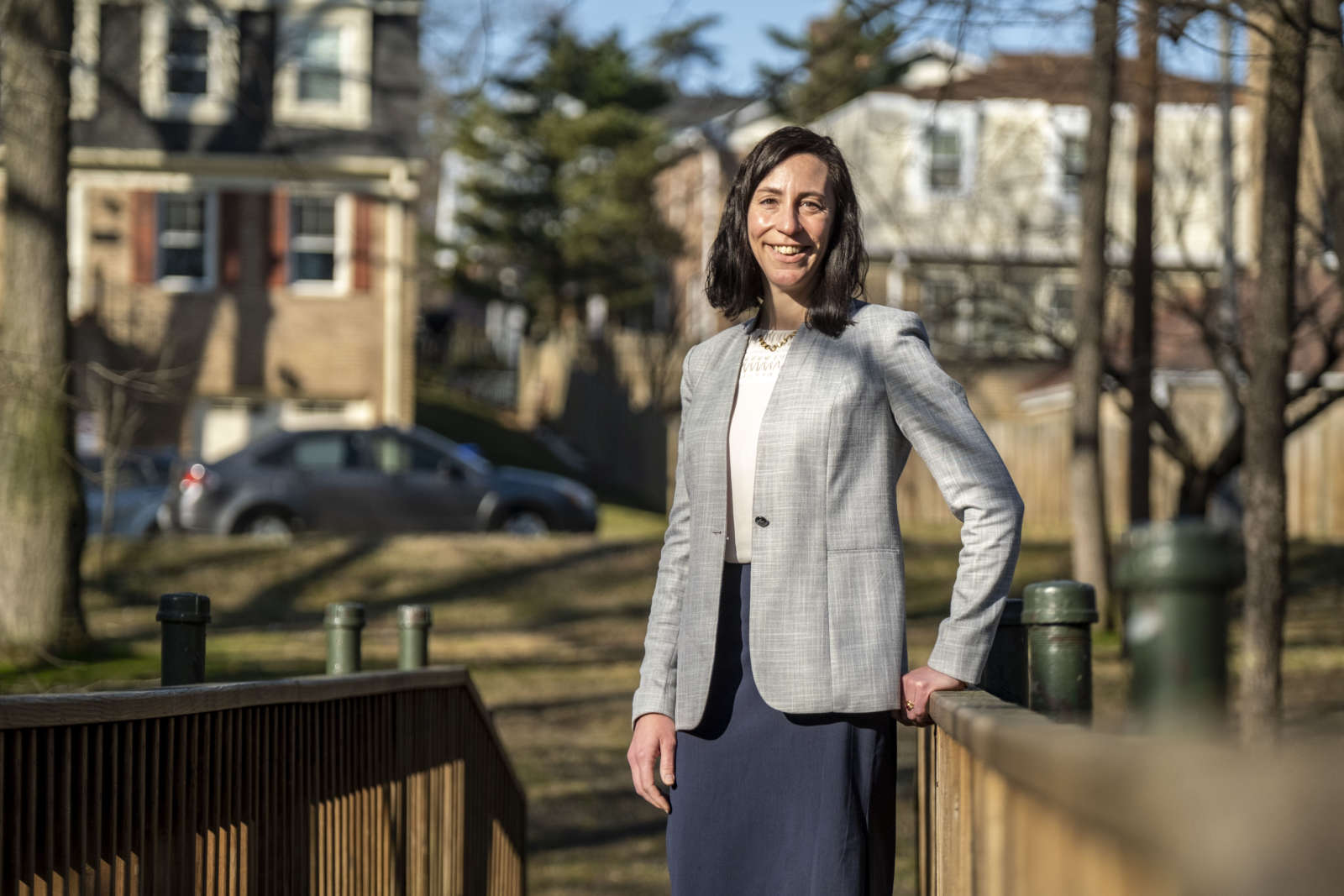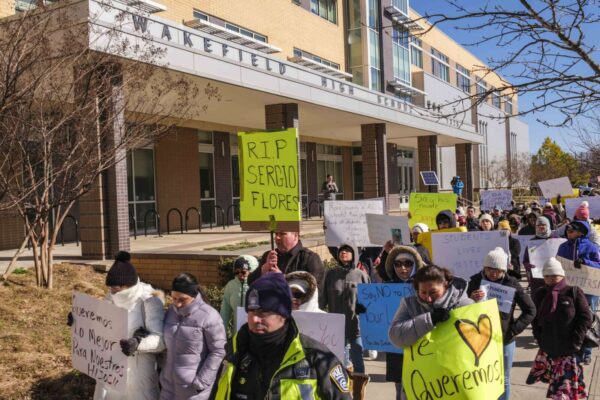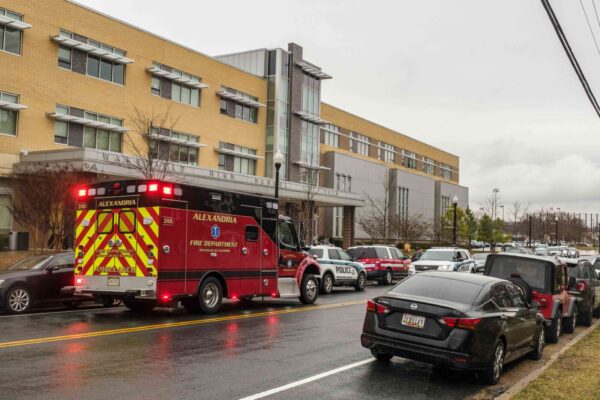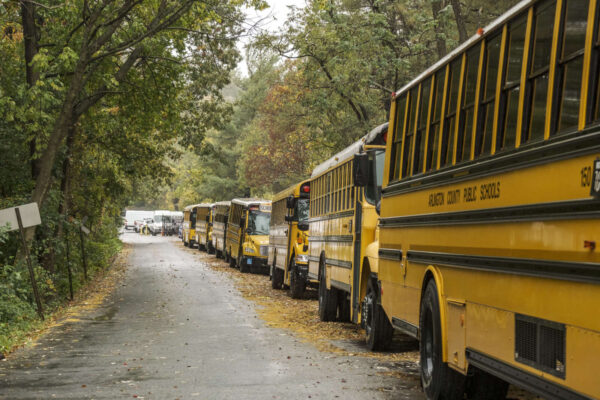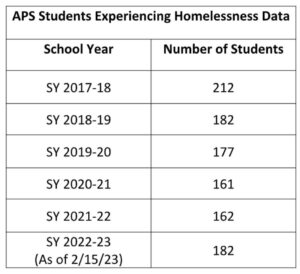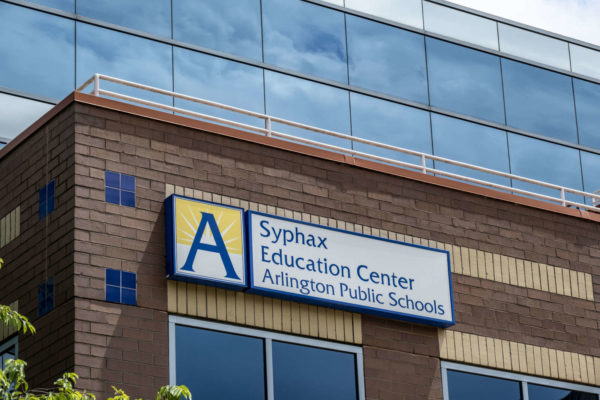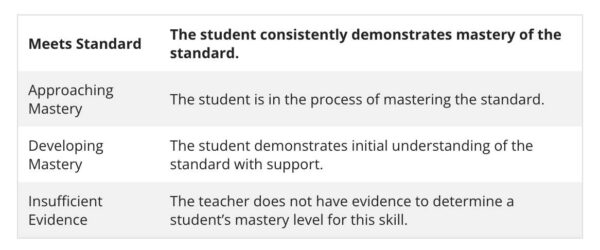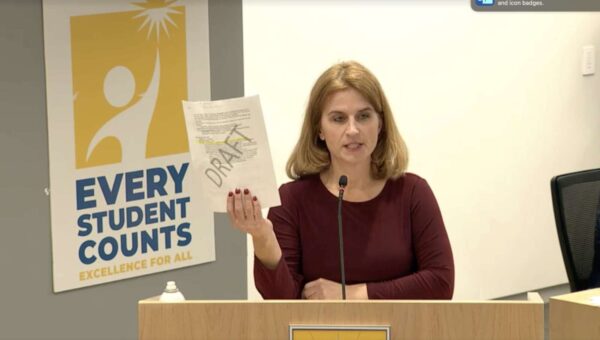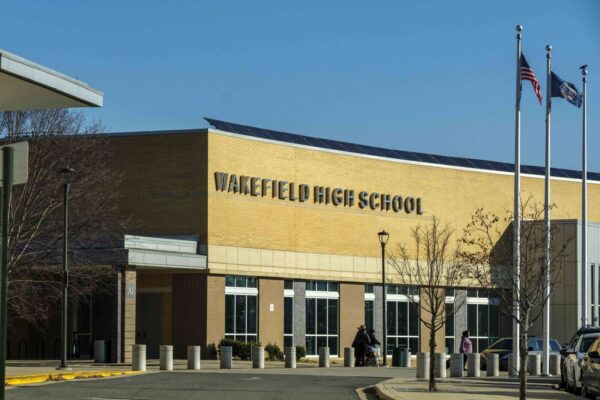
Should Arlington Public Schools keep students from using their phones in schools?
The School Health Advisory Board — a committee of parents, some of whom are nurses and doctors, and a few administrators — has recommended APS adopt a policy for the next school year requiring smartphones to be off and put away during school hours.
This group has been advocating for a system-wide phone policy since 2019 but today, principals and teachers are following this policy on a school-by-school and classroom-by-classroom basis. Kenmore, Dorothy Hamm and Swanson and middle schools have these phone policies in place, says APS spokesman Frank Bellavia.
There, students are not allowed to have their cell phones out in school unless for very specific instructional purposes, he says. Phones are not allowed during passing time or in the cafeteria, too.
This ad-hoc approach “makes it difficult to enforce for both teachers and principles,” committee chair Desiree Jarowski told the School Board during a work session this January, advocating for a system-wide policy.
“It creates more problems for the students because there is no consistency in policy, and no consequences if they don’t follow the rules — particularly if the teacher is the one requesting the student puts the cell phone or other device away,” she asserted.
Jarowski described instances of students cheating with their cell phones and refusing to put away their phones when teachers asked. She said that SHAB has heard from “many parents” concerned about cell phones use in schools, while an informal survey of parents on the Arlington Education Matters Facebook page showed some 88% of respondents would want “away for the day” policies at all secondary schools.
A parent of a Swanson Middle School student tells ARLnow that despite the policy, his son has observed kids use their phones in the hallways and during class to play music, watch videos, play games and look at dating apps.
SHAB is urging APS to adopt a draft policy it created in 2019. Doing so, Bellavia says, would have to follow the usual APS process for policy development, including drafts being written and shared with stakeholder groups and made available for public comment.
If APS agreed to draft such a policy, it would follow the lead of Fairfax County Public Schools. Last summer, it updated the student conduct guidelines to say phones have to be silenced and put away for the duration of the school day for elementary and middle schoolers and during instructional periods for high schoolers, “to help foster a learning environment that is conducive to learning.”
This change came after Herndon High School cracked down on record-high phone use last spring with some positive results.
Current APS policies stipulate when and how kids can use their phones and ways schools can teach them proper phone use.
“APS is committed to assisting students and staff members in creating a 21st century learning environment,” the APS student handbook says. “To support this progress, with classroom teacher approval, students may use their personal devices smartphones, laptops, netbooks, tablets, etc.) to access the Internet and collaborate with other students during the school day.”
It has an acceptable use policy that stipulates, among other things, a digital citizenship curriculum “educating students about appropriate online behavior, including interacting with students and other individuals on social network sites, public websites, blogs, and other electronic communication tools.”
Reactions among School Board members to the idea of a system-wide policy were mixed.
School Board Vice-Chair Cristina Diaz-Torres strongly opposed it. She said the draft policy is concerning and based on research with disputable sample sizes, while enforcement would eat into instructional time.
“What I would strongly consider that we do is really double down on our efforts to encourage our students to use these devices responsibly,” she said.
“There’s no version of the world where cellphones are ever going to go away,” she continued. “In the same way we’re teaching our students to self-regulate emotionally, as one board member, I would strongly encourage instead that we be leaning into ways to teach our students to self-regulate, to self-moderate, to really understand the utility of the tool, and use it in appropriate moments.”


